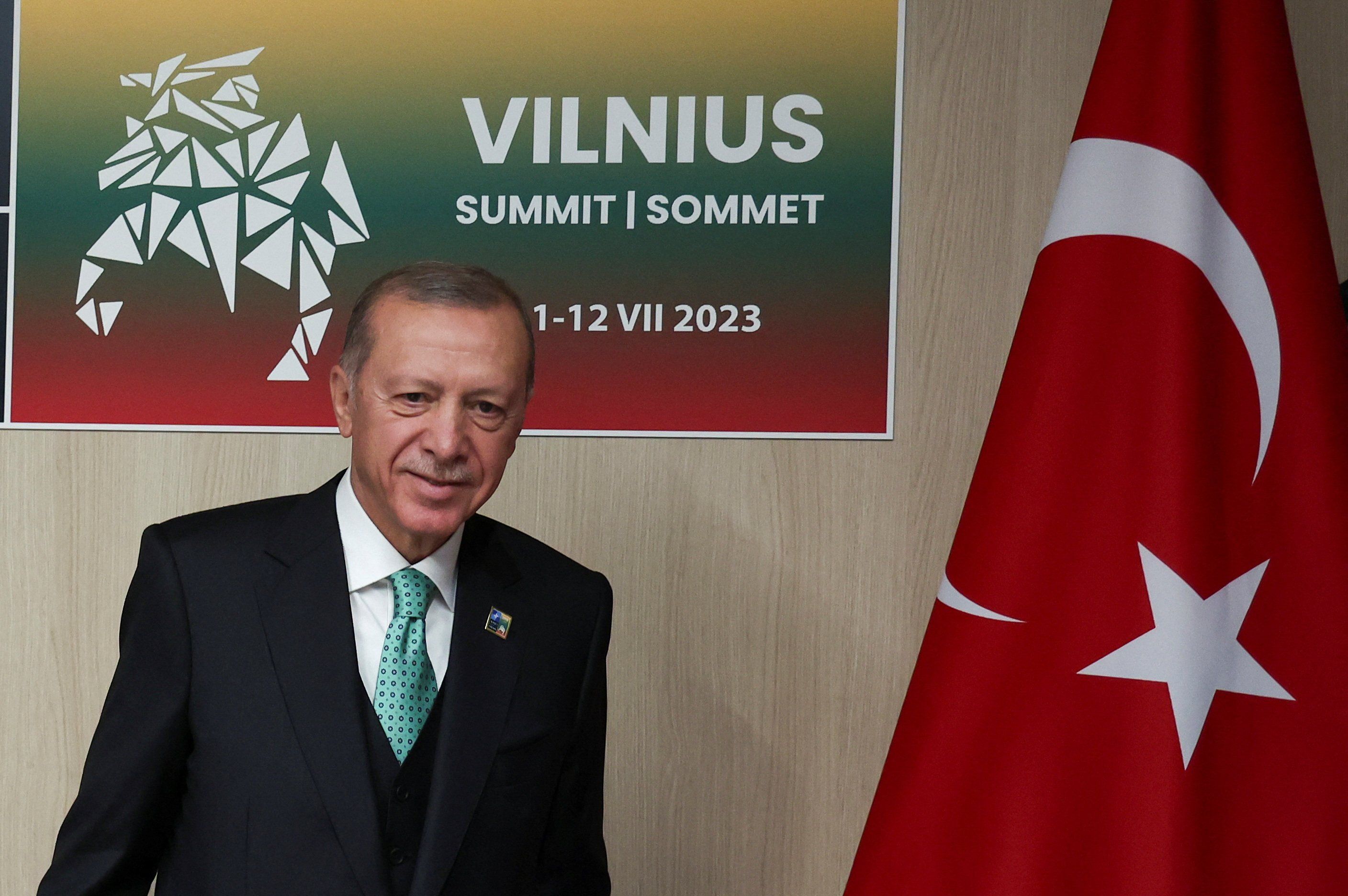This week’s NATO Summit in Vilnius is now over. So, who won?
It’s not Ukraine. NATO leaders bathed President Volodymyr Zelensky in waves of warm words and historic-sounding promises. But, as we wrote a day ago, none of that brings his country much closer to the NATO membership he wants. (That said, Ukraine isn’t really a loser, because neither immediate membership nor a timetable to join were ever in the cards.)
Certainly, Sweden is a winner — thanks to Turkey’s willingness to drop its threat to veto the country’s own entrance into NATO. Sweden will become the alliance’s 32nd member by the end of the year.
Russia’s government will declare itself a winner by pointing to (exaggerated) headlines that suggested Ukrainian and NATO leaders spent the week arguing. But the Kremlin’s already hollow win — and its claims of Ukrainian-Western frictions — were undermined when news broke that Ukraine had used a UK-supplied missile to kill a high-ranking Russian general deep inside Russian territory.
The true summit winner is Turkey’s President Recep Tayyip Erdogan. He exited the event with a spring in his step …
… by earning concessions from Sweden, which will now back the expansion of a free trade agreement between the EU and Turkey. Sweden has also recently amended its Constitution to pass new counterterrorism legislation that Erdogan demanded, and agreed to extradite some of the Turks who’ve been charged with crimes by Ankara.
… by reminding Europe, Turkey’s largest export market, that he’s worth bargaining with. Erdogan’s support for Ukraine — including by selling Kyiv military drones — has won praise in Europe. But Erdogan remains the one NATO leader of consequence who can speak directly with Russia’s Vladimir Putin. Both these things bolster Erdogan’s importance for the alliance, but his willingness to lift objections to Sweden’s entry, as he did for Finland, has earned him much goodwill, at least for now.
…by reminding Putin he’s not a pushover. At times, Russia has appeared to bully Erdogan’s government. In 2016, in response to Turkey shooting down a Russian fighter plane over Syria in November 2015, Putin inflicted real damage on Turkey’s economy by blocking Russian tourists from visiting. By voting for NATO enlargement, Erdogan reminds Putin that Turkey still has partners far more powerful than Russia.
…by winning a promise he can buy F-16s from the United States. In 2017, Turkey defied US objections and bought surface-to-air missile systems from Russia. Washington then responded with sanctions. But by greenlighting Sweden’s bid to join NATO, Turkey will soon be allowed to buy US-made fighter jets that are badly needed to upgrade Turkey’s air force. And that’s over the objections of many in Washington, who feel Erdogan’s history of jailing journalists and undermining democratic institutions in Turkey should have prevented the deal.
… and by showing Turkish voters that he’s still a major international player.
There is one last twist. Erdogan has decided to make Sweden sweat a little longer by saying Turkey’s parliament won’t officially vote on the Nordic country’s NATO membership until October.
When haggling with the Turkish president, nothing ever comes easy.
